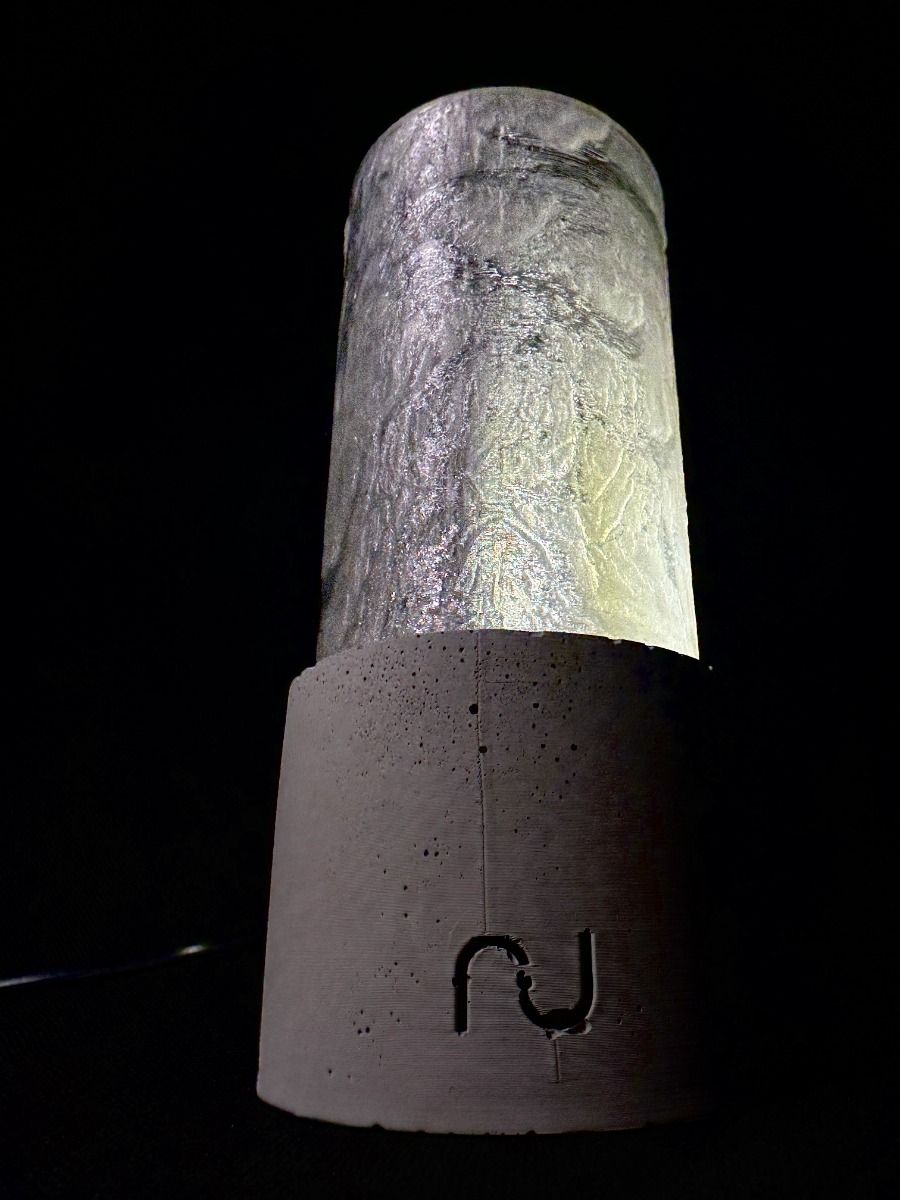
Biomass lights are a sustainable and eco-friendly lighting solution that harnesses the power of organic materials to create energy. Biomass refers to any organic matter that can be used as a fuel source, such as wood chips, crop residues, and animal waste. By burning these materials, biomass lights produce heat and electricity that can be used to power homes, businesses, and outdoor lighting fixtures. Unlike traditional fossil fuels, biomass is a renewable energy source that helps reduce greenhouse gas emissions and dependence on non-renewable resources. Biomass lights are a popular choice in rural and remote areas where access to electricity is limited, as well as in urban settings looking to reduce their carbon footprint. With advancements in technology, biomass lights are becoming more efficient and cost-effective, making them a viable option for sustainable lighting solutions.
Bio mass lights are becoming increasingly popular as a sustainable and eco-friendly alternative to traditional lighting sources. These lights are powered by organic material such as wood chips, animal waste, or agricultural residue, which are burned to produce heat and generate electricity. Not only do bio mass lights reduce the reliance on non-renewable energy sources, but they also help to decrease greenhouse gas emissions, making them a more environmentally friendly option.
One of the key benefits of bio mass lights is their ability to provide a consistent and reliable source of energy. Unlike solar or wind power, which are dependent on weather conditions, bio mass lights can operate continuously, regardless of the time of day or weather patterns. This makes them a highly practical and efficient option for providing lighting in both urban and rural areas. Additionally, bio mass lights can be easily integrated into existing power grids, making them a versatile and accessible energy solution.
Furthermore, bio mass lights have the potential to reduce waste and promote sustainable practices. By utilizing organic materials that would otherwise be discarded or left to decompose, bio mass lights help to minimize the environmental impact of waste disposal. This not only helps to reduce pollution and greenhouse gas emissions, but also contributes to the development of a circular economy that prioritizes resource efficiency and sustainability. Overall, bio mass lights offer a promising solution for meeting energy needs while also promoting environmental stewardship and responsible resource management.
 home decor trends
home decor trends



